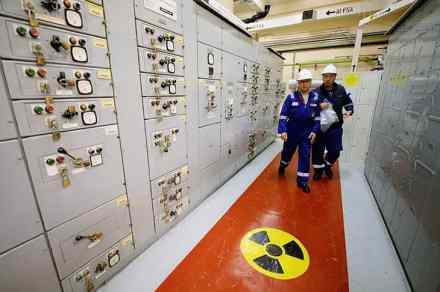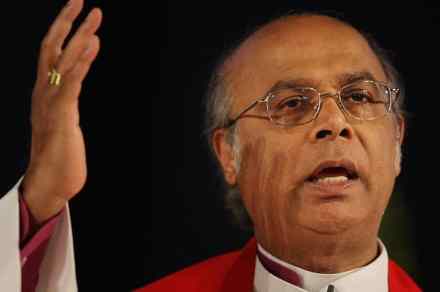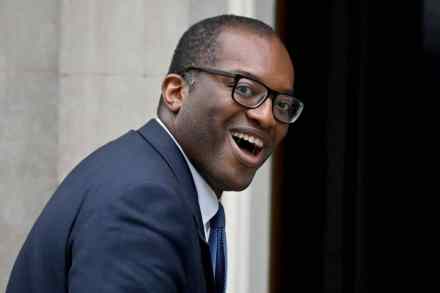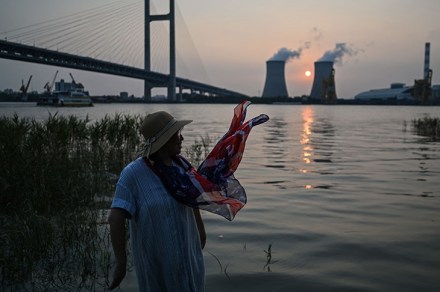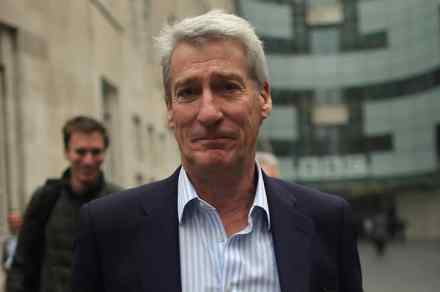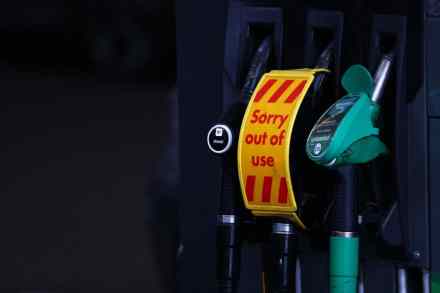Hunterston’s closure is the nuclear accident no one noticed
So farewell, Hunterston B, the nuclear power plant on the Firth of Clyde that shut last week after 46 years’ service. It will be followed this summer by Hinkley Point B in Somerset and in 2024 by Hartlepool and Heysham, leaving the UK with just four nuclear stations boasting five gigawatts of generating capacity between them — when they’re not suffering extended ‘outages’ for maintenance and repair. That compares with 15 stations and 13 gigawatts, meeting a quarter of UK electricity demand, at the UK’s mid-1990s nuclear peak. Meanwhile, the 3.2 gigawatt Hinkley Point C, developed by EDF of France and due on stream in 2026, ‘may be delayed after
